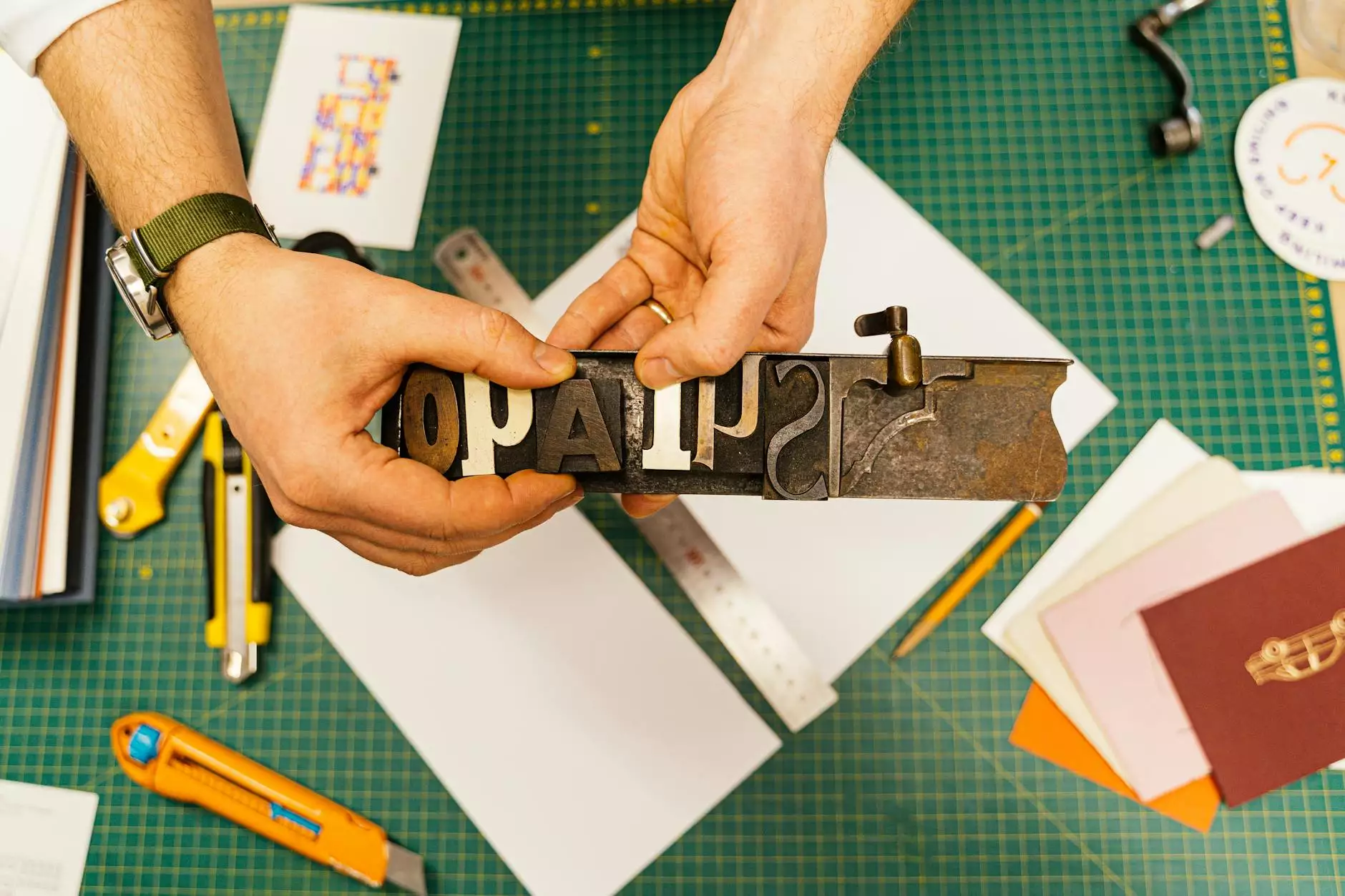Expert Guide to Pool Coping Installation for Your Dream Swimming Pool

When it comes to enhancing the aesthetics and functionality of your swimming pool, pool coping installation is a vital aspect that cannot be overlooked. This guide will take you through everything you need to know about pool coping, including its benefits, types, installation process, and maintenance tips. If you're looking to transform your swimming pool area into a stunning oasis, understanding the significance of pool coping is essential.
What is Pool Coping?
Pool coping is the material that caps the edge of the swimming pool, serving both practical and aesthetic purposes. It provides a clean and finished look while protecting the pool shell from wear and tear. In addition, coping helps to direct water away from the pool, reducing erosion and preventing water from splashing onto the deck area.
Benefits of Pool Coping
- Aesthetic Appeal: Coping enhances the overall appearance of the pool area.
- Safety: It provides a non-slip surface around the pool, essential for preventing accidents.
- Water Management: Effective coping channels water away from the pool, preventing damage to the surrounding landscape.
- Durability: High-quality coping materials resist the elements, ensuring longevity.
Types of Pool Coping Materials
Choosing the right material for your pool coping installation is critical to achieving the desired look and function. Here are some of the most popular coping materials:
1. Concrete Coping
Concrete is one of the most popular choices for pool coping due to its versatility and durability. It can be poured in various shapes and finishes to create a customized look that complements your pool design.
2. Brick Coping
Brick coping adds a classic touch to any pool. It is extremely durable and resistant to the elements, making it a fantastic long-term investment. Furthermore, brick provides excellent traction, making it safe for poolside use.
3. Natural Stone Coping
Natural stone, such as granite, limestone, or slate, offers a luxurious and elegant appearance. While typically more expensive, its beauty and longevity make it worthwhile for many homeowners.
4. Precast Concrete Coping
Precast concrete coping comes in various styles and colors, allowing for enhanced creativity while maintaining structural integrity. It is designed for easy installation and offers a modern look.
Preparing for Pool Coping Installation
Before beginning the pool coping installation, certain preparations must be made to ensure a successful project:
1. Assess Your Pool and Surrounding Area
Examine your pool's condition, measuring its dimensions accurately. Take note of the existing coping, if any, and consider how the new coping will fit into the overall design and landscape.
2. Choose the Right Material
Based on your budget, aesthetic preferences, and maintenance concerns, select the material that best suits your project. Consider consulting with a professional to choose the ideal option.
3. Gather Necessary Tools and Supplies
To ensure a smooth installation process, gather the necessary tools and materials such as:
- Measuring tape
- Leveling tool
- Notched trowel
- Hammer and chisel (if necessary)
- Construction adhesive or mortar
- Grout and sealant (for natural stone)
Step-by-Step Pool Coping Installation Process
Now that you are prepared, follow these detailed steps for a successful pool coping installation:
Step 1: Remove Existing Coping (if applicable)
If you are replacing old coping, remove it carefully to avoid damaging the underlying pool structure. Use a hammer and chisel or pry bar to lift the old coping away.
Step 2: Prepare the Pool Edge
Clean and smooth the edge of the pool, removing any debris, dirt, or existing adhesive. Ensure that the edge is level and stable for the new coping installation.
Step 3: Apply Adhesive
Using a notched trowel, apply a layer of construction adhesive or mortar to the pool's edge. Make sure the layer is even and sufficient to hold the coping in place.
Step 4: Set Coping Stones
Starting at one end, carefully set the coping stones into place. Use a level to ensure each piece is aligned correctly and sits evenly. Press down firmly to secure.
Step 5: Fill Gaps and Grout
Once all the coping is installed, fill any gaps with grout or mortar as needed. For natural stone coping, apply sealant after the grout has dried to protect against water damage.
Step 6: Finishing Touches
Allow the adhesive and grout to cure fully, following the manufacturer's instructions. Clean the area around the pool to remove excess adhesive or debris.
Tips for Successful Pool Coping Installation
- Work on a Dry Day: Ideal conditions for installation are dry and moderate temperatures.
- Use a Plumb Line: A plumb line ensures that each piece of coping is installed straight and evenly.
- Hire Professionals: If you are uncertain about the installation process, consider hiring a professional from poolrenovation.com for expert advice and service.
Maintenance of Pool Coping
After completing your pool coping installation, maintenance is crucial to enhance its longevity and aesthetic appeal. Here are some maintenance tips:
1. Regular Cleaning
Keep your coping clean by removing debris and dirt regularly. Use a gentle cleaner specific to the material type you selected to avoid damage.
2. Inspect for Damage
Regularly inspect the coping for cracks, chips, or other signs of deterioration. Address any issues promptly to prevent further damage.
3. Resealing and Repair
For natural stone coping, reseal every few years according to the manufacturer's recommendations to maintain water resistance and prevent staining.
Conclusion
Understanding the intricacies of pool coping installation is vital for any pool owner wanting to enhance the functionality and aesthetic of their swimming pool. By choosing quality materials, following the correct installation process, and maintaining your coping, you can ensure a safe and beautiful pool area for years to come. For more expert advice and professional installation services, visit poolrenovation.com.









